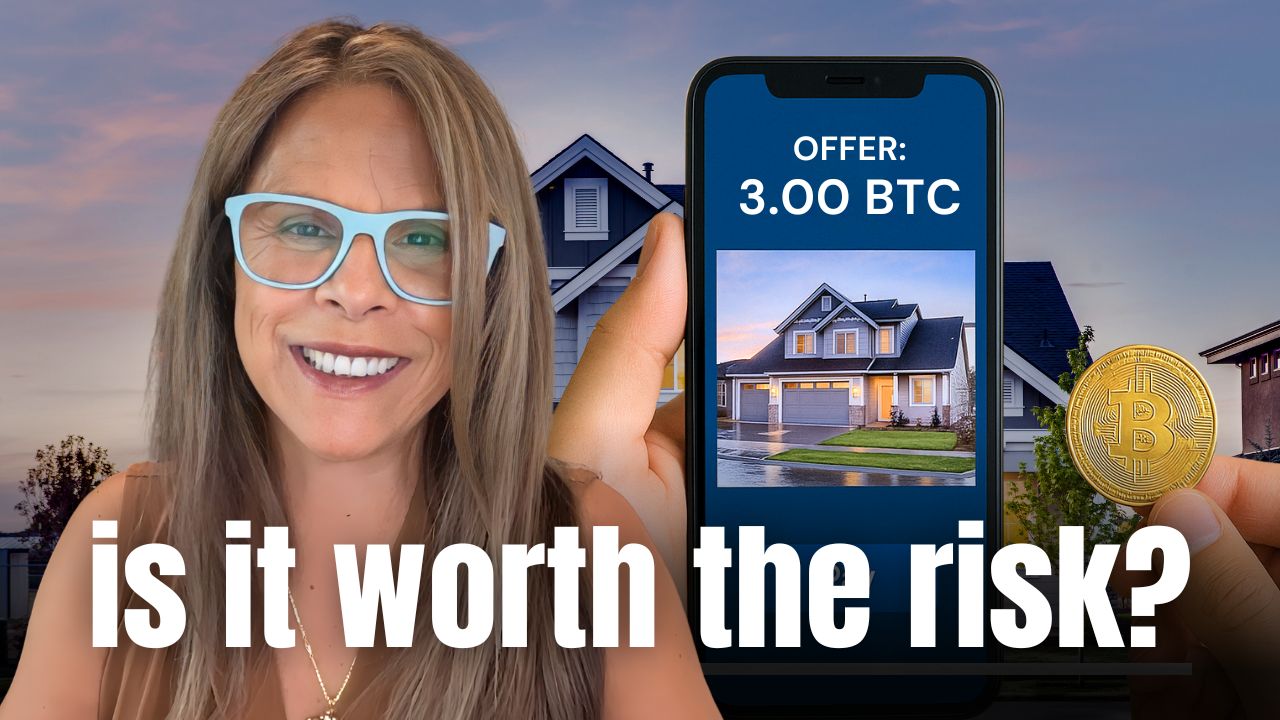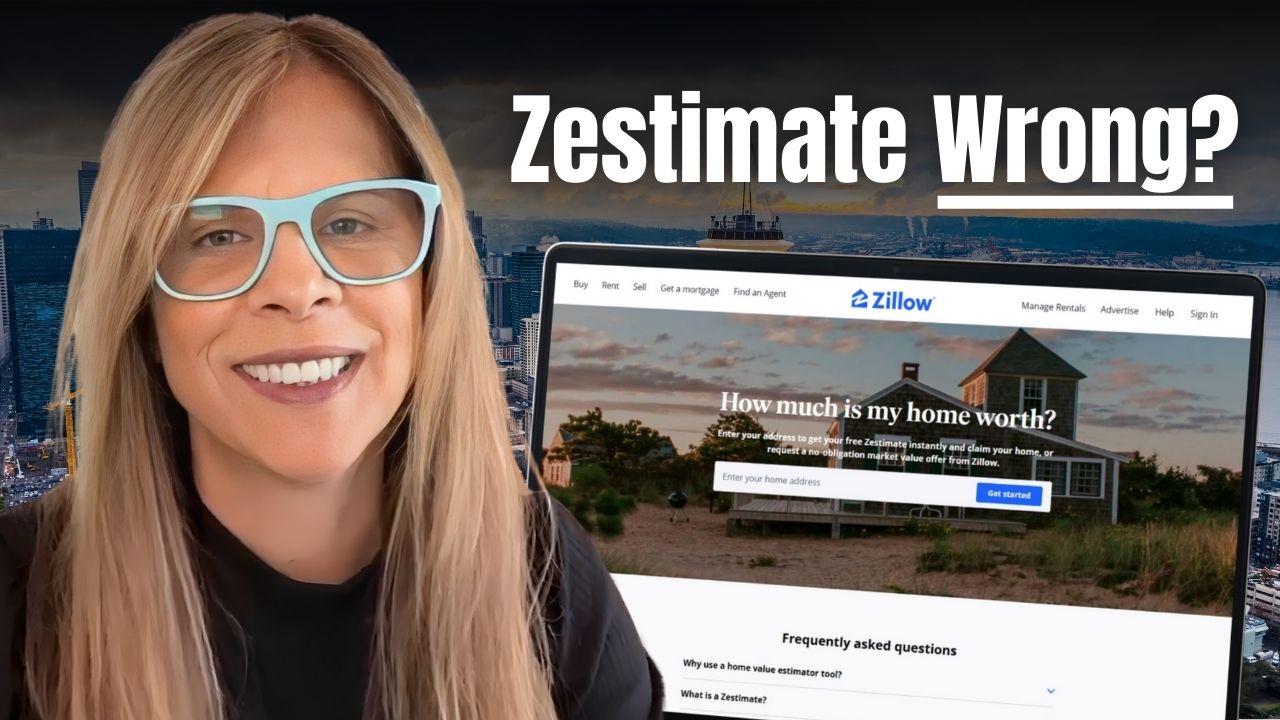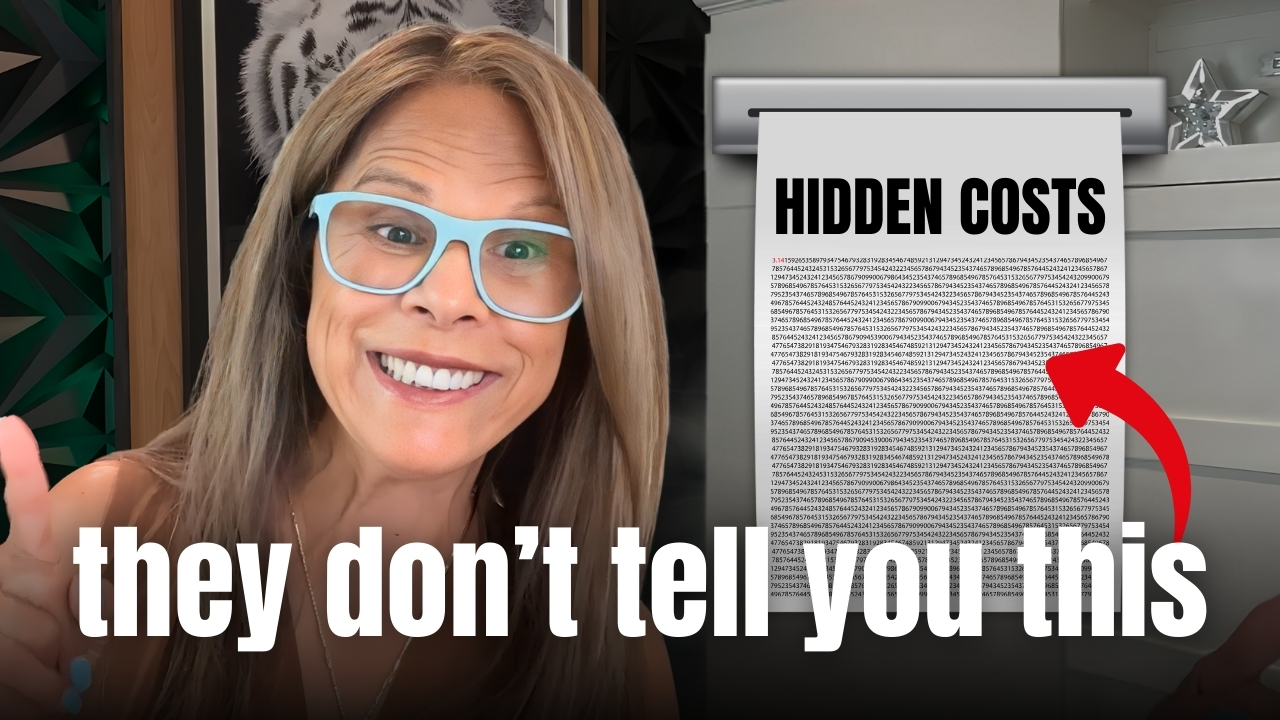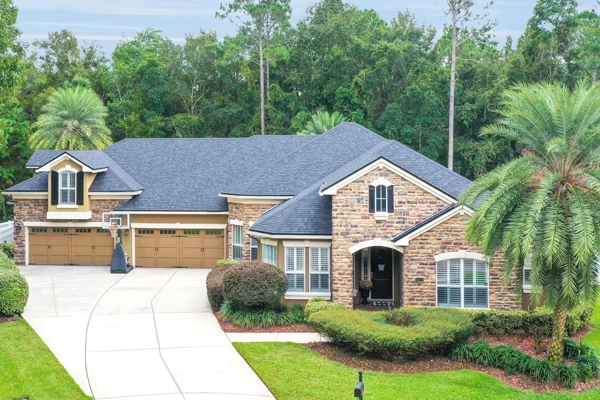Get the Most from Your Home Sale. Craft a plan as unique as your home’s story. Book a Call
Ever wonder why your neighbor’s house sold for more than yours, even though you believe yours is better? We have this conversation with sellers and buyers almost daily. When we ask, “What do you think your home is worth?”
Most of us believe our home is worth more than what the market is currently willing to pay, with more upgrades, a better location, and unique finishes. Emotionally, that makes sense, but the market doesn’t run on feelings. It runs on data, condition, and buyer perception.
Suppose you’ve ever checked Zillow and thought, “No way, that number has to be wrong.” A lot of us trust those estimates, until they don’t match what we hoped for. The truth is, those numbers are just automated guesses. They’re helpful as a starting point, but they don’t know your home as you do.
Understanding the limitations of automated tools. Zillow, Redfin, and even the QR code estimates we use in our marketing can only do so much. They’re pretty accurate in uniform neighborhoods with model matches. But if your home sits on an acre, has a custom layout, or backs to a preserve, those algorithms can’t possibly factor that in. They also don’t know if your kitchen was remodeled last year—or if it’s still stuck in 1998.
These tools won’t recognize if your roof is brand new or aging fast. They can’t account for whether you’re in a flood zone or fire-prone area, where insurance is tricky or expensive. And none of them know how a buyer is going to feel walking through your front door.
What do homebuyers actually value? Buyers today are savvy. They compare your home not just to others like it but also to brand-new construction, sometimes just down the street. While things like fresh paint and new carpet are expected, they don’t move the needle on value. Appraisers and buyers take these things seriously when determining value.
- Full kitchen or bathroom remodels (not just surface updates)
- A newer roof, especially here in Florida, where roofs have a 15-year lifespan
- A well-maintained pool
- Owned solar panels (not leased—those usually cause issues in escrow)
- Reasonable, accessible homeowners insurance
Competing with new construction. If there are still builders developing in your neighborhood, then your biggest competitor isn’t another resale. It’s the shiny, new model home offering buyers everything they want—and then some.
We’ve seen builders offer massive incentives: up to $40,000 toward closing costs, rate buy-downs, garage epoxy flooring, blinds, fences, and yes—even golf carts. It’s hard to compete with that if your home is priced too high or feels dated.
Imagine walking into a car dealership. One option is a used car with scratches and a few quirks. The other is a brand-new model with zero miles, perks, and discounts. Which one do most people pick?
The reality check on appraisals. We used to recommend pre-listing appraisals because they helped align seller expectations with reality. But lately, they’ve been coming in too high, which creates a bigger problem.
When a seller sees a high appraisal, it reinforces the idea that their home should be priced higher, only to go to market and hear nothing. No calls. No showings. No offers.
The reality is, appraisers don’t account for builder competition or things like $20,000 in buyer concessions that are baked into deals right now. So while the appraisal might look great on paper, it doesn’t always reflect how a buyer will respond.
That’s why we’ve stopped relying on them to guide pricing. They’re disconnected from the on-the-ground buyer behavior we’re seeing every day.
Emotions and expectations. Selling a home is emotional. We’ve been through it with clients, friends, and even our own family. There’s often a deep sense of pride, nostalgia, and even pressure to walk away with a certain number.
We hear things like, “We need to sell for this price to pay off debt,” or “We just put in new floors, so we should get more.” But here’s the hard truth: buyers don’t care what we need. They care about what the home is worth to them in this market.
Overpricing no longer sparks bidding wars; it leads to silence. A home that sits on the market is a red flag. It tells buyers something’s off even if the only problem is price.
If you feel like you’re “giving your home away,” consider this: you’re also buying in the same market. So if you’re selling for less than you’d hoped, you’re likely buying for less, too.
We’ve seen clients negotiate fantastic deals on their next home thanks to motivated sellers, builder incentives, and flexible financing terms. It balances out. But if you’re trying to squeeze every last dollar out of your current sale, you may sit while the market moves on without you.
I always say, “Pigs get fat, hogs get slaughtered.” We’ve seen how true that is, especially in shifting markets.
At the end of the day, the market sets the value, not us, not Zillow, not even appraisers. And while it’s tempting to hold out for more, we’ve seen what happens when pricing is based on hope instead of strategy.
If you’re serious about selling or want to understand where your home stands, don’t rely on automated tools alone. Let us take a real look. We can walk your property, consider the market conditions, and help you price it in a way that gets attention and offers.
Ready to talk about your home’s true value? Call or text us today at (904) 640-8000 or (916) 220-5700, send us an email at gail@gaildemarco.com to get started. We’re here to help; no pressure, just honest advice.
-
Get the Most from Your Home Sale. Craft a plan as unique as your home’s story. Book a Call
-
Discover Your Home’s True Value. Get a home value estimate to see how much you could sell for and how fast based on key trends happening in your area. Get Estimate
-
Free Real Estate Newsletter. Get our latest Q&A, insights, and market updates to make smarter decisions. Subscribe Now







